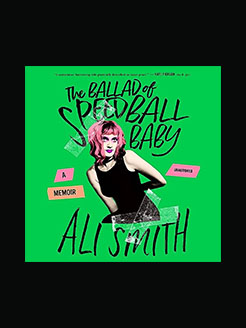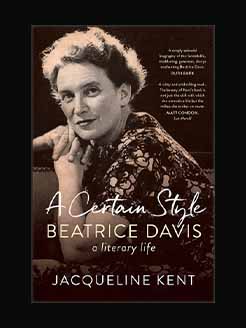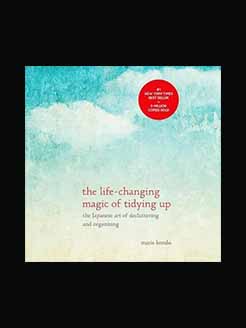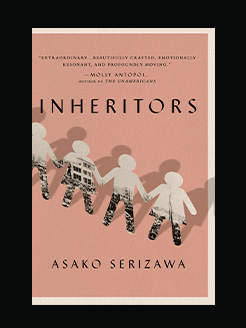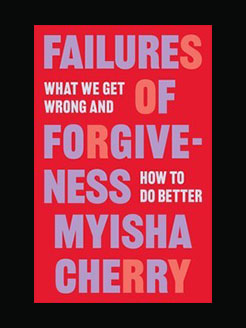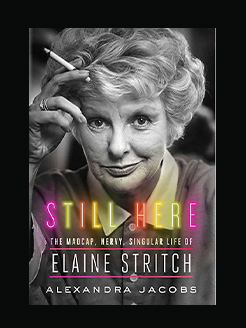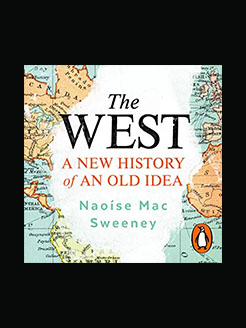Published in 2017
264 pages
Therese Grisham is a lecturer in film and media studies in the department of humanities at Oakton Community College in Des Plaines, Illinois, as well as an instructor at the Facets Multimedia Film School in Chicago. She is also an editor for the English translations of The Complete Works of Rosa Luxemburg (Verso).
Julie Grossman is a professor of English, and communication and film studies at Le Moyne College in Syracuse, New York. Her books include Rethinking the Femme Fatale in Film Noir, and Literature, Film, and Their Hideous Progeny. She is also a coeditor of the forthcoming collection Adaptation in Visual Culture: Images, Texts, and Their Multiple Worlds.
What is this book about?
Dominated by men and bound by the restrictive Hays Code, postwar Hollywood offered little support for a female director who sought to make unique films on controversial subjects. But Ida Lupino bucked the system, writing and directing a string of movies that exposed the dark underside of American society, on topics such as rape, polio, unwed motherhood, bigamy, exploitative sports, and serial murder.
The first in-depth study devoted to Lupino’s directorial work, this book makes a strong case for her as a trailblazing feminist auteur, a filmmaker with a clear signature style and an abiding interest in depicting the plights of postwar American women. Ida Lupino, Director not only examines her work as a cinematic auteur, but also offers a serious consideration of her diverse and long-ranging career, getting her start in Hollywood as an actress in her teens and twenties, directing her first films in her early thirties, and later working as an acclaimed director of television westerns, sitcoms, and suspense dramas. It also demonstrates how Lupino fused generic elements of film noir and the social problem film to create a distinctive directorial style that was both highly expressionistic and grittily realistic. Ida Lupino, Director thus shines a long-awaited spotlight on one of our greatest filmmakers.

